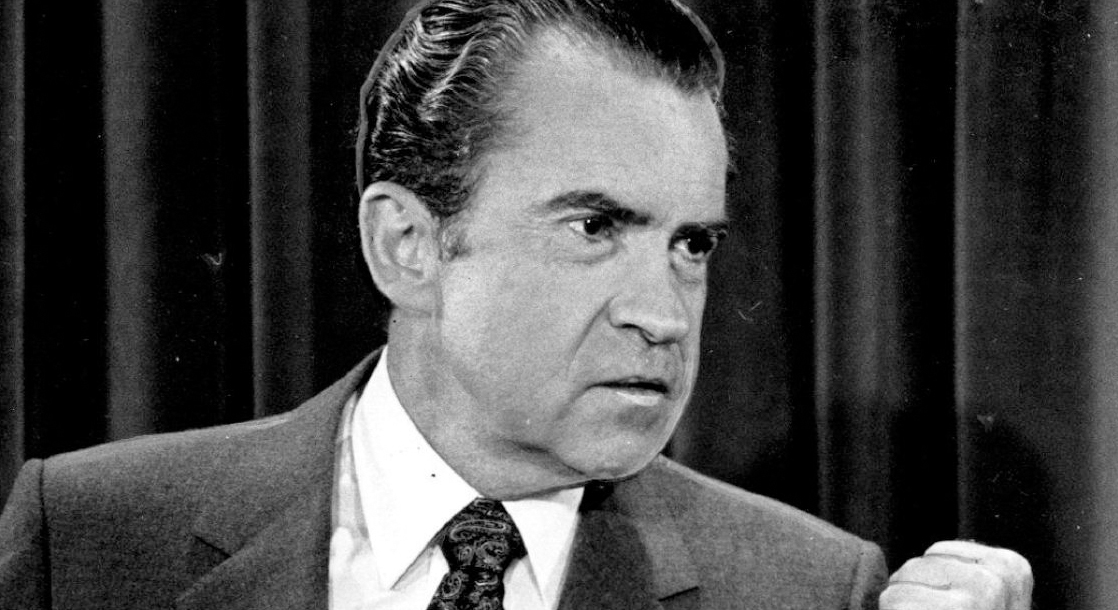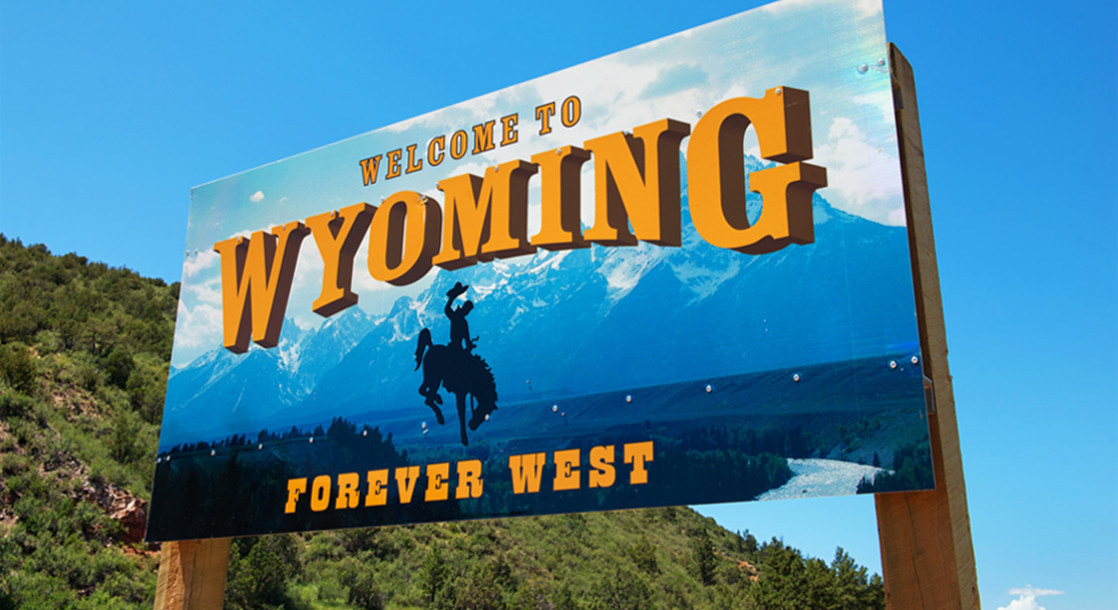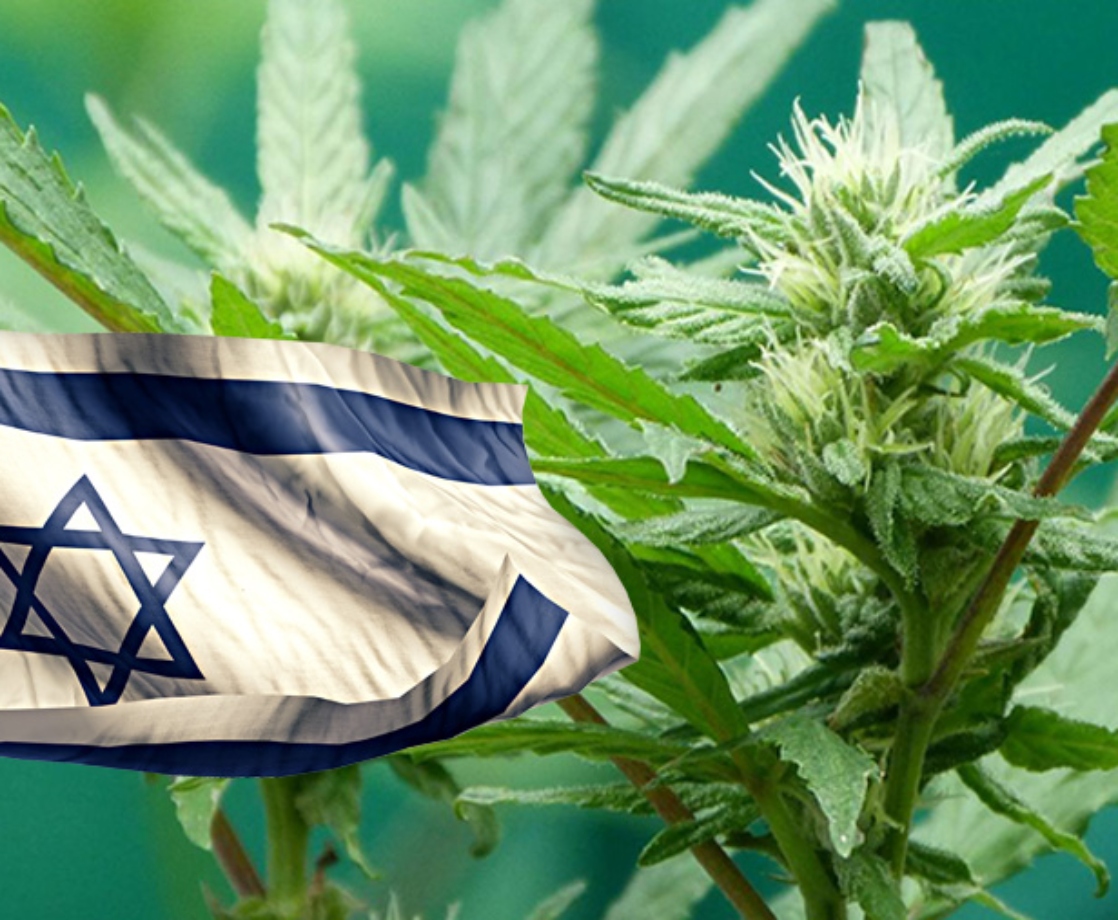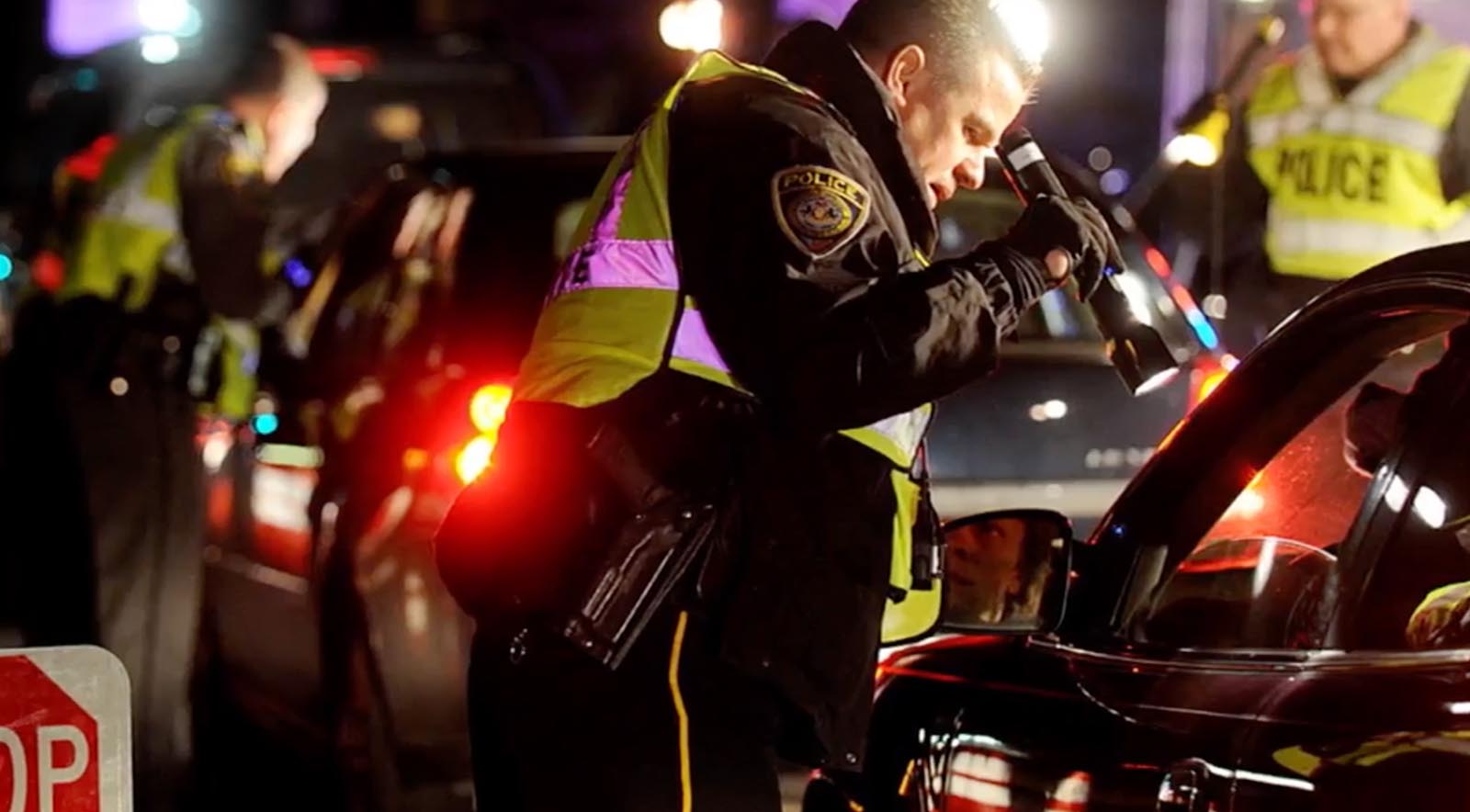“I stared at my hands again, feeling anger behind my eyes and noise coming up in my throat: ‘That stupid, lying bastard! Jesus! Who votes for these treacherous scumbags?’”
—Hunter S. Thompson, “Fear and Loathing in Limbo: The Scum Also Rises”
By the time Richard Nixon took office in 1969, conservative America was more than fed up with the counterculture and all it entailed. Nixon had been elected on a ticket of old school American values—which he eventually turned out not to possess—and the hippie generation stood firmly in the crosshairs of his party’s agenda. In the summer of 1971, this inclination towards undoing the progressive change of the 1960s manifested in its most lasting form: the War on Drugs. By throwing money at federal drug enforcement agencies to increase their number and presence, instituting mandatory minimums, and dramatically increasing the freedoms of law enforcement and decreasing the freedoms of private citizens through policies like the no-knock warrant, Nixon single-handedly created the culture of fear that still permeates many Americans regarding marijuana and other substances.
Nixon’s biggest Tricky Dick move in this declaration of war on an inanimate construct was to “temporarily” reschedule marijuana as a Schedule I drug alongside the hardest narcotics humans can create. In 1972, he created a commission to study the possible uses for marijuana, which unanimously recommended that marijuana be rescheduled so that further medical research could be conducted. Nixon ignored the recommendation outright. Marijuana had become the single most potent symbol of youthful rebellion, and Nixon’s constituents had put up with quite enough of that. Marijuana stayed on the Schedule I list through the ineffectual but well-meaning Carter administration, and by the time Ronald Reagan was elected, conservative America was ready to lose its collective shit all over again.
Reagan made it his personal mission—or, the policy makers Reagan surrounded himself with made it their personal mission while the president ate jelly beans and played dress-up—to expand the drug war to unprecedented levels in the name of restoring America to its lillywhite post-WWII glory days. Reagan’s right hand in his crusade to eradicate demon weed from the U.S. was his wife Nancy, who—besides getting policy advice from the first ever White House astrologer and passing it on to her “Ronnie”—made the ridiculous and minimalizing “Just Say No” her personal political vendetta. Abstinence only education, as in sex, does not work with drugs. As a result, drug use rates didn’t go down—in fact, they skyrocketed when crack was introduced to the U.S., but that’s for another article. And what was the response from Ronnie, Nance, their stargazer and speechwriters? Certainly not to question the effectiveness of their beloved “Just Say No.”
Under Reagan, and throughout the 1990s as Bill Clinton did little to shake the neocon boat, figures like Los Angeles Police Chief Daryl Gates became the norm. Gates famously believed that “casual drug users should be taken out and shot,” and founded the D.A.R.E. drug education program that has been terrifying children into ignorance and anxiety for decades now. Zero tolerance policies like those championed by Gates became the status quo, and it’s the status quo progressives that have been fighting to change ever since. It has only been in the past few years that the age-old conservative battle cry of states rights has been turned against them and the first significant counterstrikes of the War on Drugs were scored. But, as more and more states consider legalization, proponents of the Reagan school should begin to worry: D-Day is coming.











